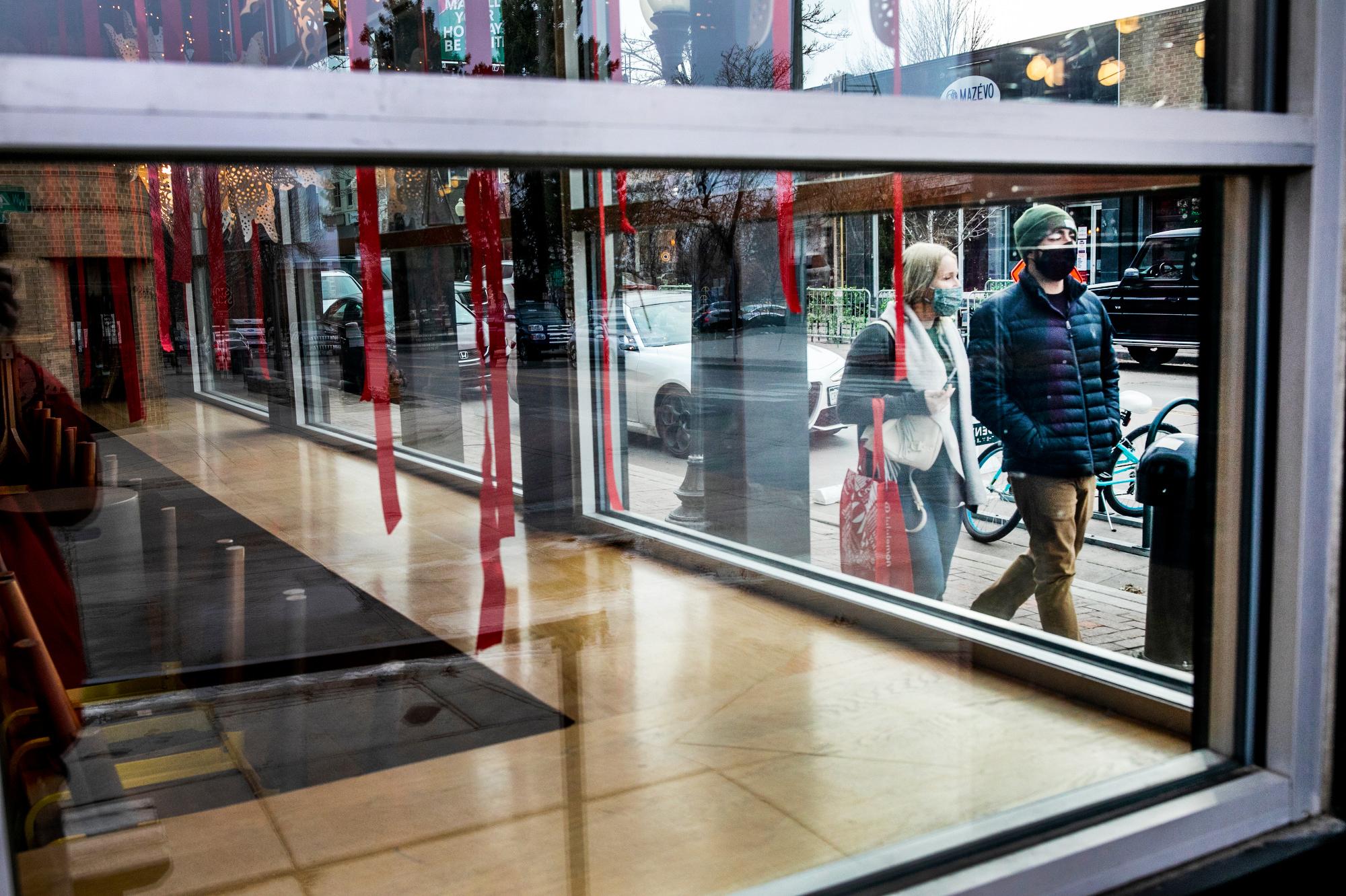
The COVID-19 public health emergency declarations ends in May.
After that 325,000, Coloradans may no longer qualify or be disenrolled from Colorado's Medicaid program, called Health First Colorado, or CHP+, the Child Health Plan Plus.
That means Coloradans who rely on public safety net programs should keep their information updated and watch for renewal notices.
On Friday, leaders of some of the state’s public health insurance programs, and its partner organizations, held a news conference at the state Capitol to get the word out and alert people of the change.
They said the programs will be in touch with members in a push to keep them covered and urged people to watch for a renewal packet to fill out and return.
“Our staff will be utilizing our social media platform such as our website, text messaging to provide timelines of renewals that will be mailed out and due dates for medical assistance,” said Kelly Poleyestewa, an enrollment eligibility specialist with Denver Indian Health and Family Services.
Patrick Gordon, CEO of Rocky Mountain Health Plans, said it’s important that people do not wait to act.
“Our message is pretty straightforward. We are well-organized and positioned across all these partnerships to help people stay covered,” Gordon said.
When the pandemic hit in March 2020, Congress passed the federal Families First Coronavirus Response Act. It included a continuous coverage requirement for states to keep Medicaid and CHP+ members enrolled.
Since then, Health First Colorado and CHP+ have grown dramatically by about 500,000 members, according to the state agency which manages the programs, the Colorado Department of Health Care Policy and Financing. These health care programs now cover about one in four Coloradans, according to the agency.
Last month, the White House said it was planning to end the COVID-19 national emergency and public health emergency on May 11. The declarations were extended a number of times since first being enacted in 2020 by the Trump administration.
As a result, the state Department of Health Care Policy and Financing said it will resume the standard eligibility renewal and disenrollment process, starting in May, for Health First Colorado and Child Health Plan Plus.
How to keep your coverage
The state has a few key tips for those affected to stay enrolled:
- The first thing people covered by Medicaid or CHP should do is go to co.gov/PEAK (or download the PEAK app from the Apple or Google stores) and make sure their contact information is current and correct. The state strongly encourages members to opt in for email notifications & text messages so it can reach them quickly.
- Visit KeepCOCovered.com. It’s a new web page the state launched Friday with a multitude of resources and information. The audience for that page is mainly stakeholders, community partners, etc., who work with Medicaid members. But there is also a box near the top to redirect members.
- Visit HealthFirstColorado.com/renewals. That page is focused solely on members regarding what's happening, when it's happening, guidance on what members can be doing now and when they get their renewal packet, and also where to go for more help and info if they believe they may no longer qualify for Medicaid or CHP. There is information and videos about the process in English and Spanish.
- Members who receive a renewal packet must return it by the deadlines listed within this key renewal communication. The renewal packet will be sent electronically or through the mail.
- Some members will be automatically renewed and will not need to take any action to remain covered (about 30 percent and growing).
“We estimate that about 80 percent of current members will still qualify for our programs between now and April 2024,” said Kim Bimestefer, executive director of the health care policy and financing department. She noted that the agency and its partners are focused on ensuring that those Coloradans know what actions they need to take and that they take those actions required to make sure their coverage is renewed.
“Talking directly to our 1.7 million members, the most important action that you can take to do your part is to update your contact information,” she said, “and then as your renewal anniversary approaches, watch for and complete and return that very important renewal packet.”
Kevin Patterson, the CEO of Connect for Health Colorado, the state’s health insurance exchange, said state agencies and other groups have been having detailed conversations for about a year in preparation for the change.
“So we're dedicated and committed to keep Coloradoans who no longer qualify for Health First Colorado to stay insured,” he said. “Since the Medicaid continuous coverage provisions went into place nearly three years ago, we've implemented big changes to make health insurance plans more accessible and affordable.”









